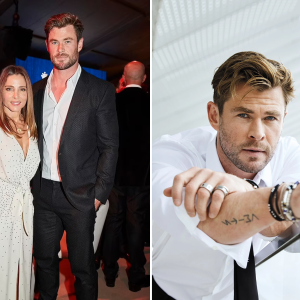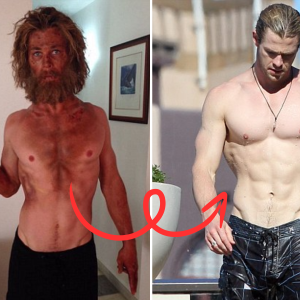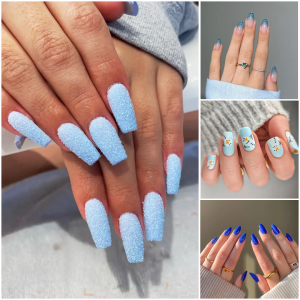Big reputation. Taylor Swift is one of the most-decorated musicians of all time — but her pop star status didn’t come without a few controversies.
The “You Belong With Me” artist dropped her self-titled debut album in 2006, kickstarting her country career. Over her next eight albums, Swift began to branch out of her original genre and cross over into pop territory. “If I don’t beat everything I’ve done, it’s seen as a colossal failure,” she told her team in the 2020 documentary Miss Americana, reflecting on the pressures that come with being a major star.
Swift has spoken openly through the years about navigating fame — and about working through her various feuds. “A mass public shaming, with millions of people saying you are quote-unquote canceled, is a very isolating experience,” she noted in a 2019 Vogue interview, referring to her 10-year back and forth with Kanye West. “I don’t think there are that many people who can actually understand what it’s like to have millions of people hate you very loudly.”
The Grammy winner added, “When you say someone is canceled, it’s not a TV show. It’s a human being. You’re sending mass amounts of messaging to this person to either shut up, disappear, or it could also be perceived as, ‘Kill yourself.’”
While she’s frequently vocal about her personal ups and downs, fans have called out the “August” singer for often staying quiet when it came to politics, especially in the wake of the 2016 U.S. presidential election. She changed her tune in 2018 when she backed progressive candidates in her home state of Tennessee, but the decision to speak up was a scary one.
“I come from country music. The number one thing they absolutely drill into you as a country artist, and you can ask any other country artist this, is ‘Don’t be like the Dixie Chicks!’” she told The Guardian in 2019. “I watched country music snuff that candle out. The most amazing group we had, just because they talked about politics. And they were getting death threats. They were made such an example that basically every country artist that came after that, every label tells you, ‘Just do not get involved, no matter what.’”
Swift took home the Video of the Year trophy at the VMAs that year for “You Need to Calm Down,” which featured a call to action for fans at the end of the music video. “I want to thank everyone who signed that petition [for the Equality Act] because it now has a half a million signatures, which is five times the amount that it would need to warrant a response from the White House,” she said while accepting her win, asserting that everyone deserves to live in “a world where we are all treated equally under the law regardless of who we love — regardless of how we identify.”
The “Ivy” performer has changed a lot since her early career, but one thing has remained consistent through each of her eras: her songwriting. However, in 2017, she was accused of plagiarizing her smash hit “Shake It Off.” 3LW writers Sean Hall and Nathan Butler alleged the lyrics were ripped off from their 2001 song “Playas Gon’ Play,” but Swift stood by her work.
“I recall hearing phrases about players play and haters hate stated together by other children while attending school [in Pennsylvania],” she argued in 2022 court docs, claiming she had never heard the song in question. “These phrases were akin to other commonly used sayings like ‘don’t hate the playa, hate the game,’ ‘take a chill pill’ and ‘say it, don’t spray it.’ … I was struck by messages that people prone to doing something will do it, and the best way to overcome it is to shrug it off and keep living.”
Scroll down for a look back at Swift’s most controversial moments:
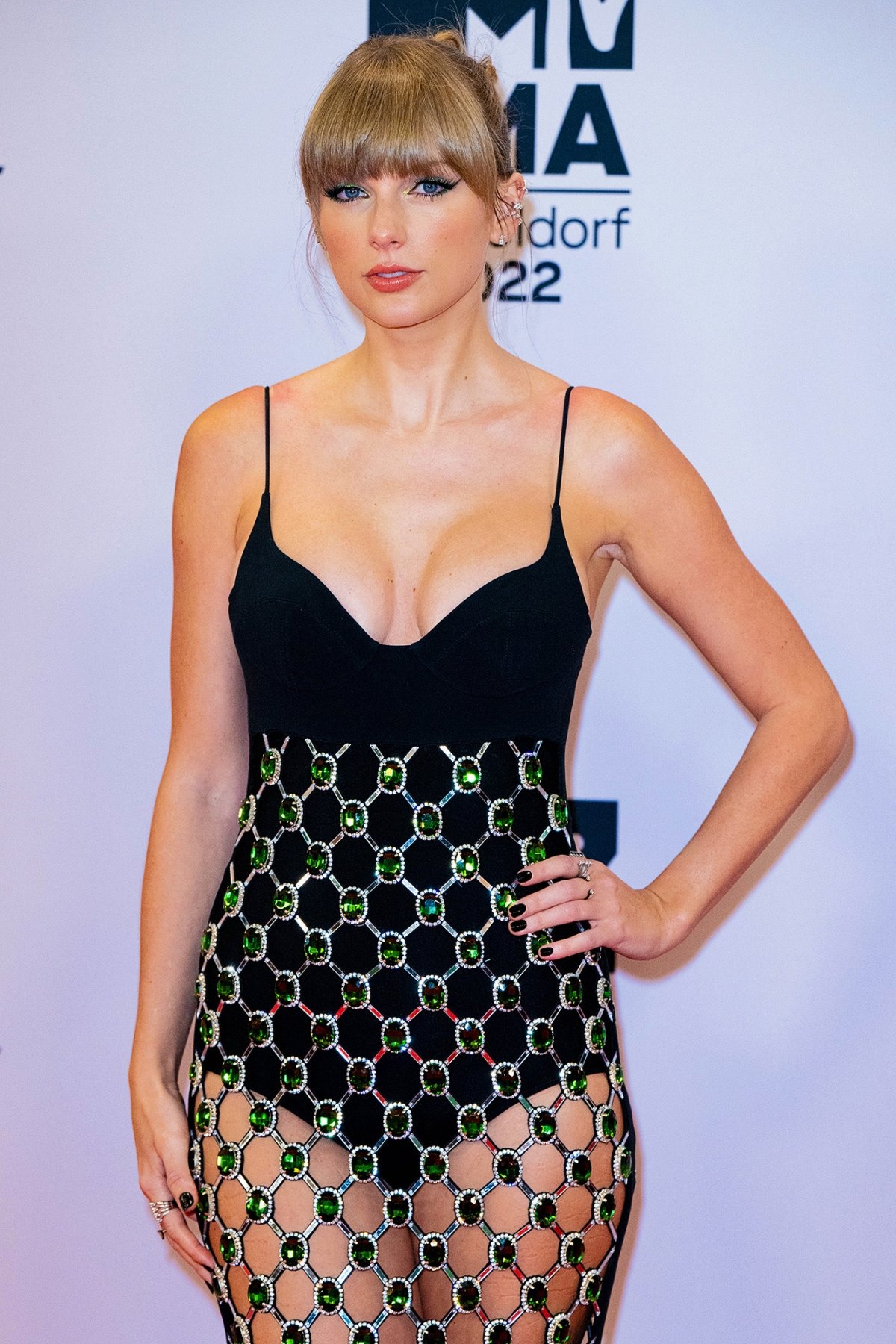
‘Eras’ Tour Presale Madness
In November 2022, Swift announced that she would be embarking on her first stadium tour in four years. When the Eras tour presale opened later that month, Ticketmaster quickly crashed — and some fans were left waiting for hours with no guarantees of securing tickets despite being given verified access. The company later canceled the general sale “due to extraordinarily high demands on ticketing systems and insufficient remaining ticket inventory to meet that demand,” per Twitter.
Swift addressed the controversy amid widespread backlash, explaining via her Instagram Story that she’s “protective” of her fan base. “There are a multitude of reasons why people had such a hard time trying to get tickets and I’m trying to figure out how this situation can be improved moving forward,” she wrote. “I’m not going to make excuses for anyone because we asked them, multiple times, if they could handle this kind of demand and we were assured they could. It’s truly amazing that 2.4 million people got tickets, but it really pisses me off that a lot of them feel like they went through several bear attacks to get them.”
She concluded: “And to those who didn’t get tickets, all I can say is that my hope is to provide more opportunities for us to all get together and sing these songs. Thank you for wanting to be there. You have no idea how much that means.”
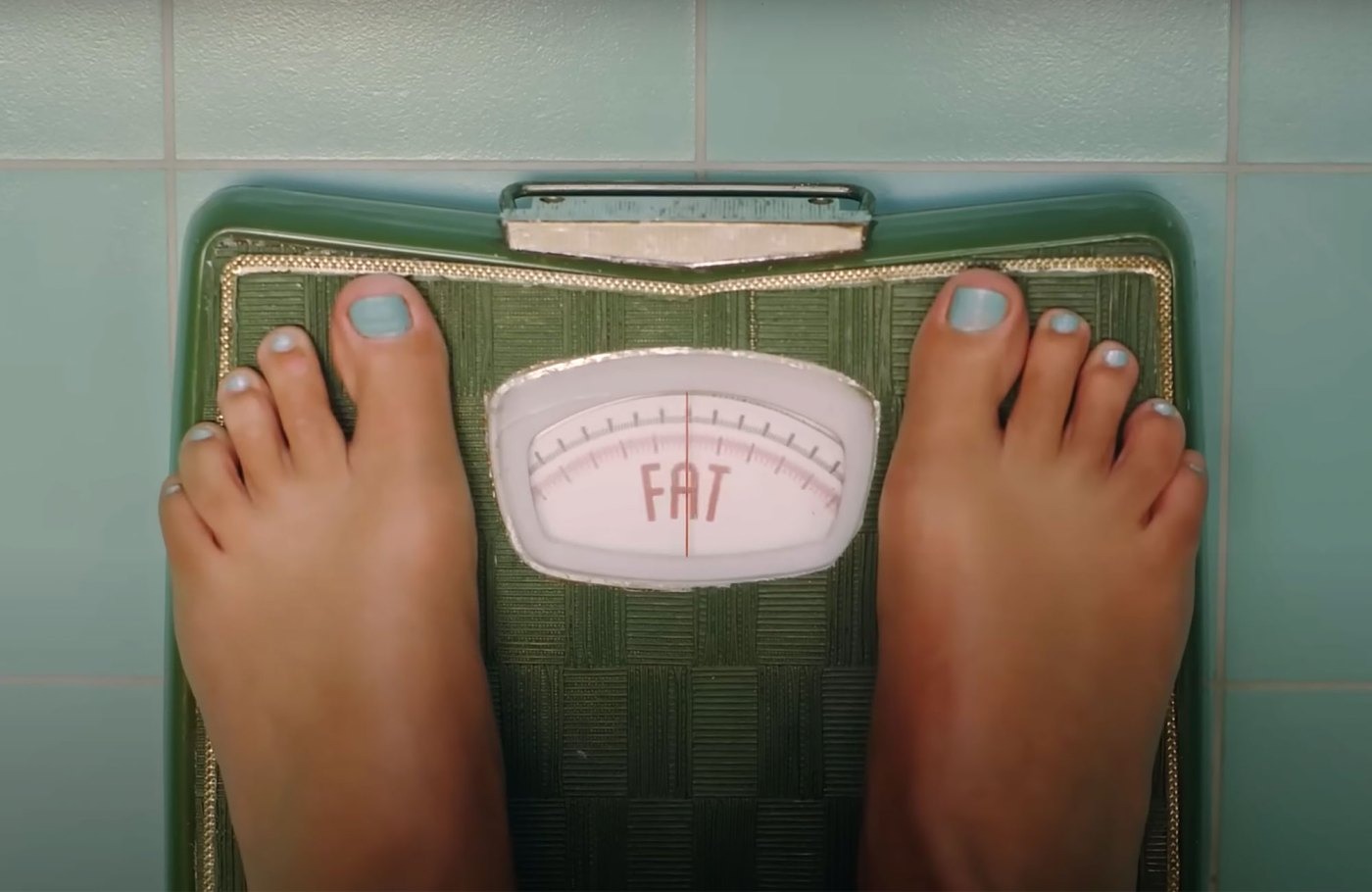 Credit: Courtesy Taylor Swift/YouTube
Credit: Courtesy Taylor Swift/YouTube
The ‘Anti-Hero’ Music Video
Swift dropped the visual for the Midnights lead single in October 2022, revealing via social media that she wrote and directed the video herself. “Anti-Hero” explores themes of self-sabotage and features two versions of the songwriter clashing with one another. In one scene, the anti-Swift watches with disappointment as her counterpart steps onto a scale that simply reads “fat.”
The moment immediately sparked a debate online, with some viewers criticizing the meaning behind the scene, alleging it was fatphobic. Others, however, defended Swift’s art and reminded detractors that the “Midnight Rain” artist has struggled with disordered eating in the past.
Days after the video’s debut, it was quietly altered on Apple Music, with the controversial scene being removed.
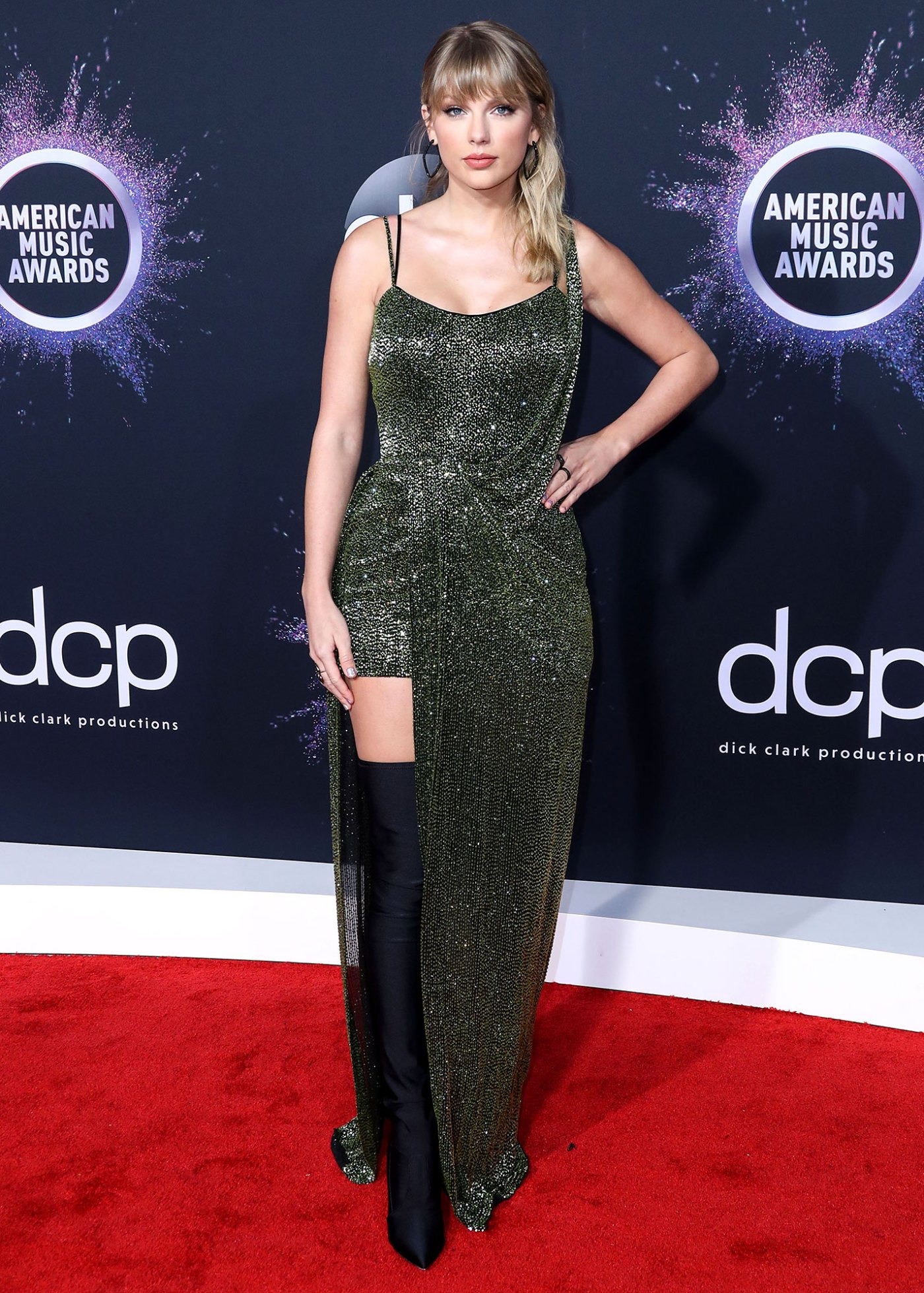
‘Lover’ Lawsuit
In August 2022, a woman named Teresa La Dart sued Swift for more than $1 million, claiming that the “Getaway Car” singer copied her 2010 poetry book Lover when creating the booklet that accompanied her 2019 album, also called Lover. According to court documents obtained by TMZ, La Dart alleged that Swift and her team used her book as uncredited inspiration for the color scheme, photography style and general content of the album booklet, describing both books as a “recollection of past years memorialized in a combination of written and pictorial components.”
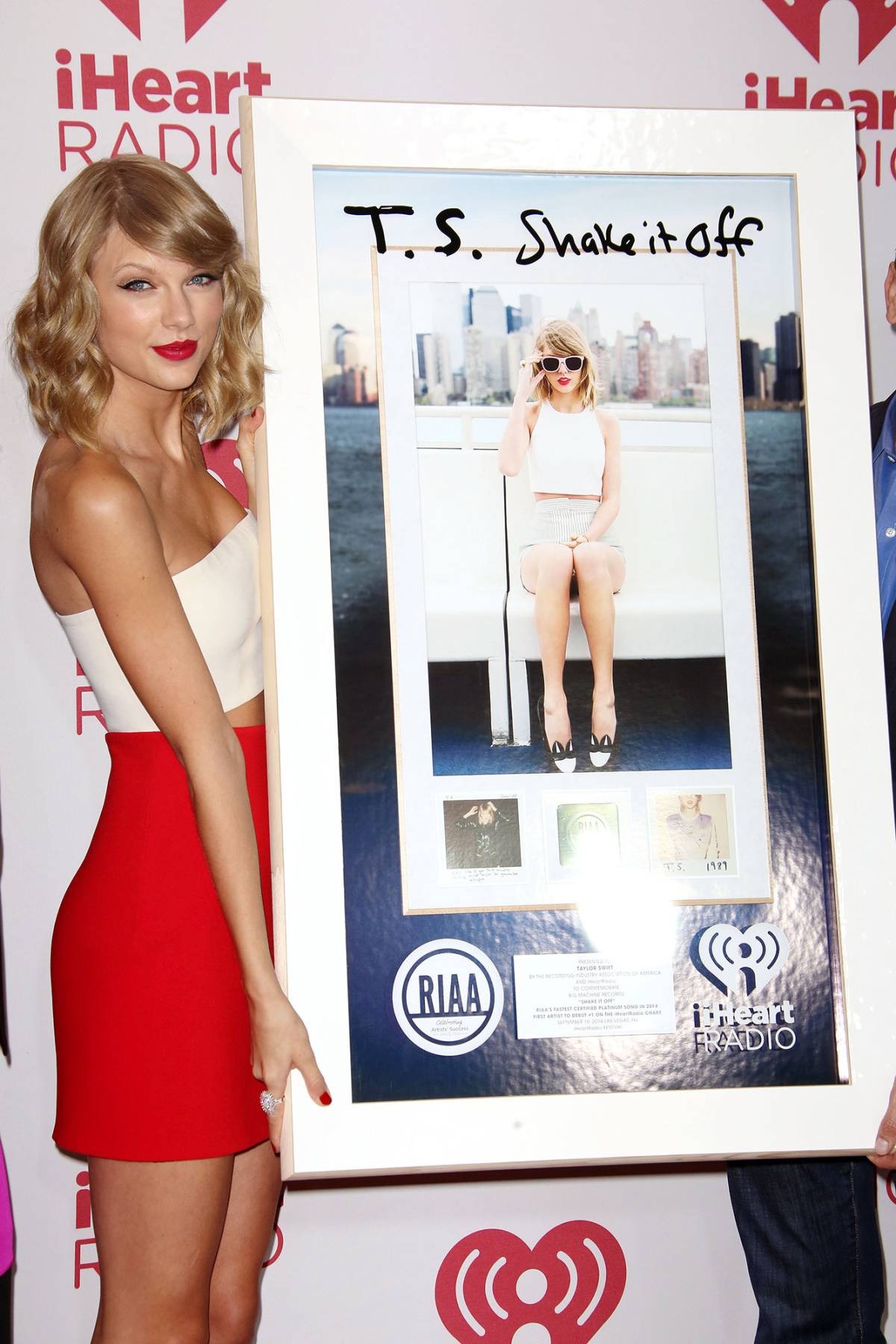 Credit: Matt Baron/BEI/Shutterstock
Credit: Matt Baron/BEI/Shutterstock
‘Shake It Off’ Lawsuit
Swift’s 2013 single “Shake It Off” was the subject of a lawsuit filed by a pair of songwriters who penned 3LW’s “Playas Gon’ Play,” which was released in 2001 and features the lines “playas, they gonna play” and “haters, they gonna hate.” The copyright claims were initially filed in 2017, and a federal judge ruled four years later that Swift would have to face a jury trial despite her requests to dismiss the case.
In 2022 court docs, the Pennsylvania native argued, “The lyrics to ‘Shake It Off’ were written entirely by me.” She also alleged, “Until learning about Plaintiffs’ claim in 2017, I had never heard the song ‘Playas Gon’ Play’ and had never heard of that song or the group 3LW.”
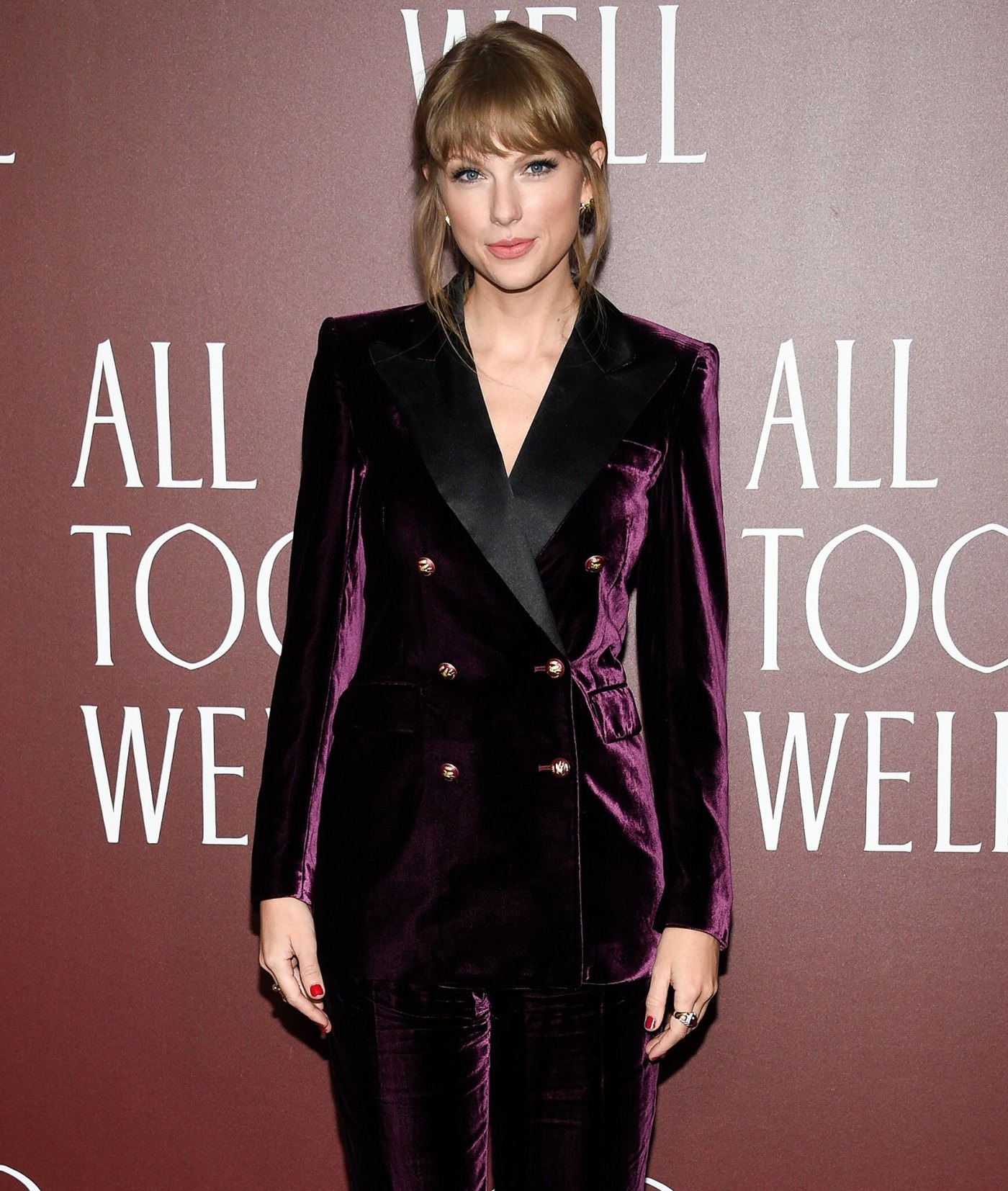
Private Jet Use
In the summer of 2022, Swift was one of several celebrities who were called out for their private jet usage, which can contribute to an excess of CO2 emissions and harm the environment. A study from the marketing firm Yard named the Cats actress as the No. 1 offender, alleging in a report, “Taylor’s shortest recorded flight of 2022 was just 36 minutes, flying from Missouri to Nashville.”
A spokesperson for the “Cardigan” singer issued a statement at the time, noting, “Taylor’s jet is loaned out regularly to other individuals. To attribute most or all of these trips to her is blatantly incorrect.”
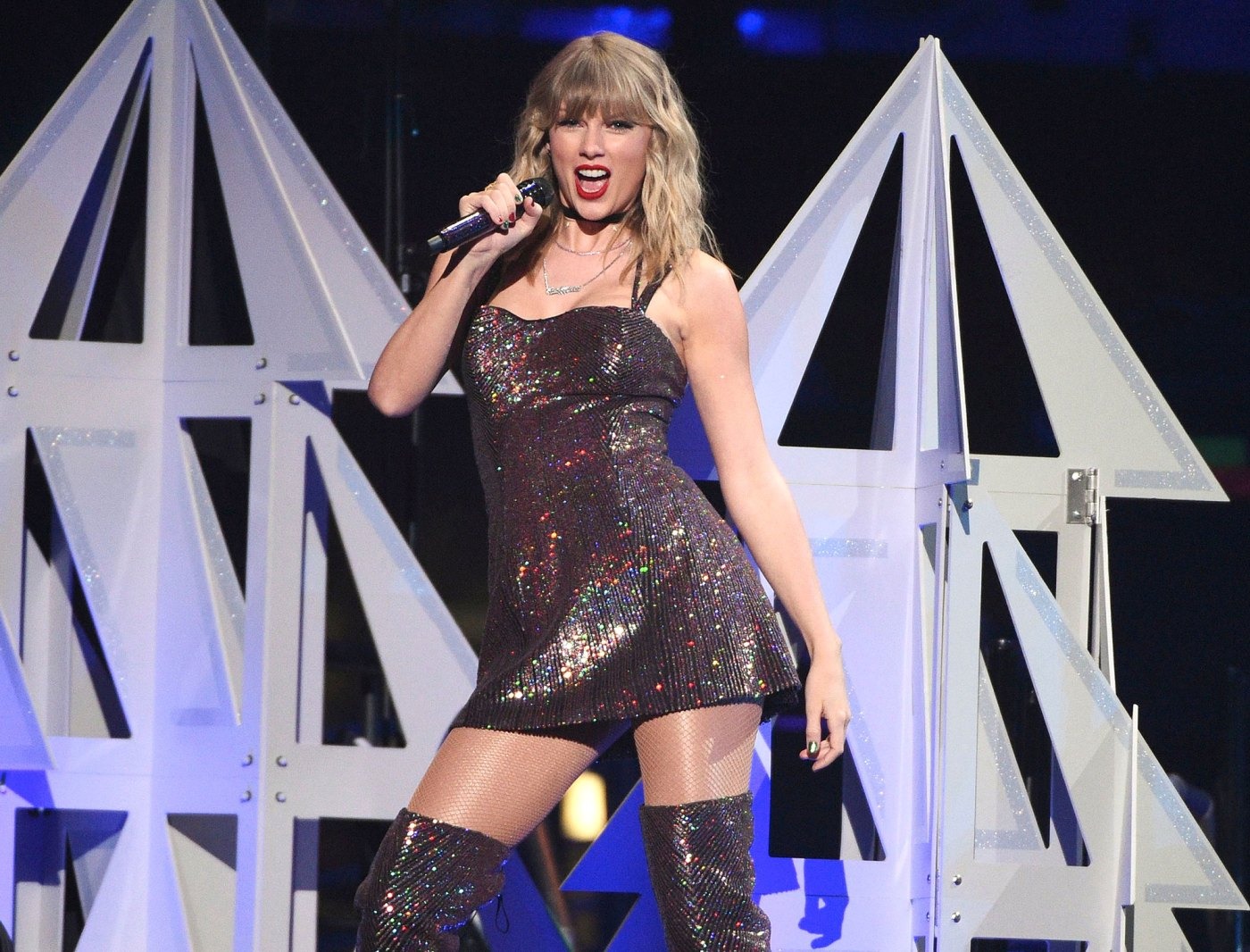 Credit: Evan Agostini/Invision/AP/Shutterstock
Credit: Evan Agostini/Invision/AP/Shutterstock
Songwriting Accusations
Blur frontman Damon Albarn found himself in hot water with Swifties in January 2022 for claiming in a Los Angeles Times profile that the “Clean” performer “doesn’t write her own songs” — and that cowriting “doesn’t count.”
The Valentine’s Day was quick to clap back. “@DamonAlbarn I was such a big fan of yours until I saw this,” she tweeted at the time. “I write ALL of my own songs. Your hot take is completely false and SO damaging. You don’t have to like my songs but it’s really f–ked up to try and discredit my writing. WOW. … PS I wrote this tweet all by myself in case you were wondering.”
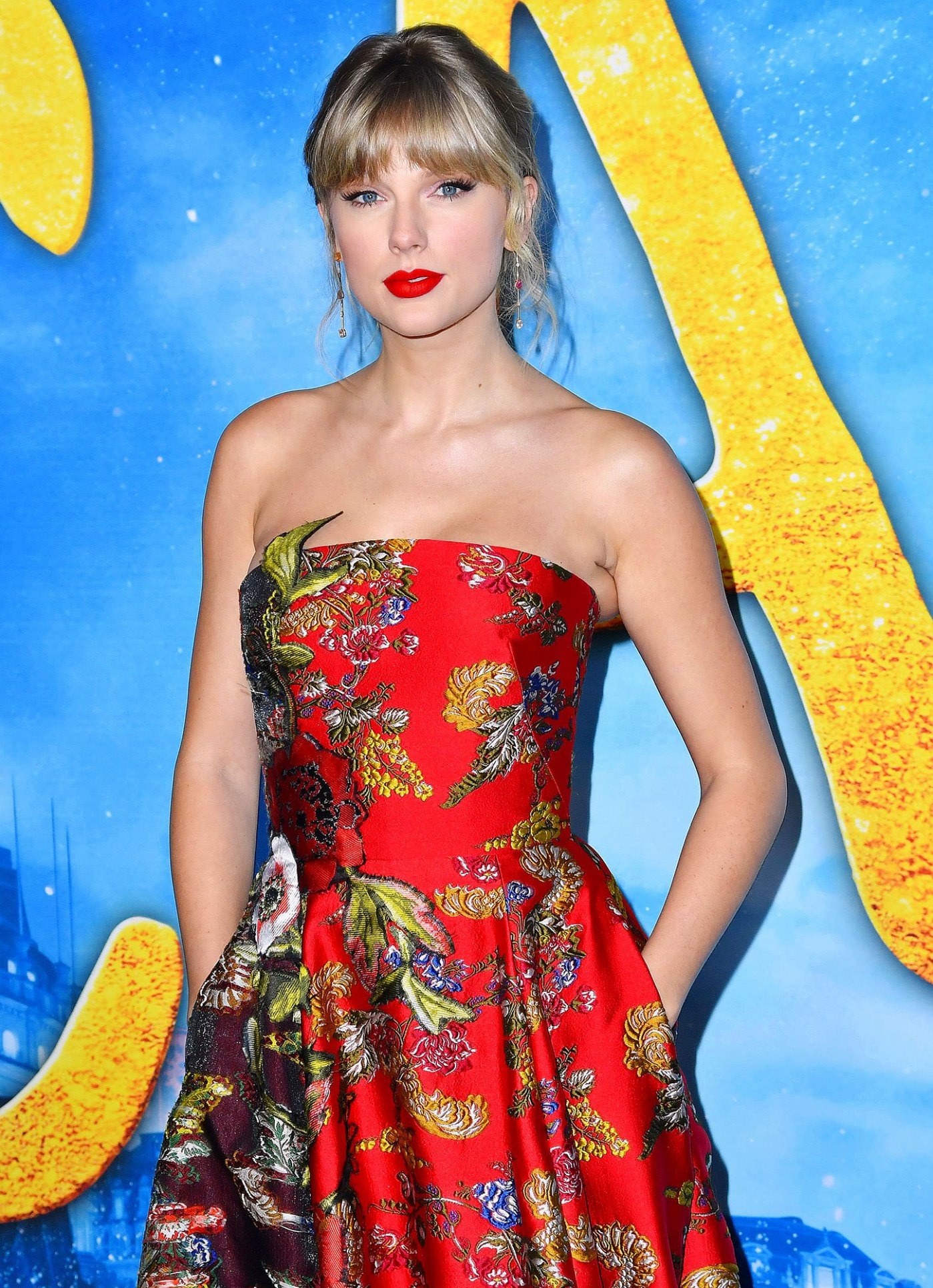
The ‘Ginny & Georgia’ Joke
Swift called out the Netflix series Ginny & Georgia in March 2021, sharing a screenshot of a scene with subtitles that read, “What do you care? You go through men faster than Taylor Swift.” The “Evermore” singer tweeted, “Hey Ginny & Georgia, 2010 called and it wants its lazy, deeply sexist joke back. How about we stop degrading hard working women by defining this horse s–t as FuNnY. Also, @netflix after Miss Americana this outfit doesn’t look cute on you Happy Women’s History Month I guess.”
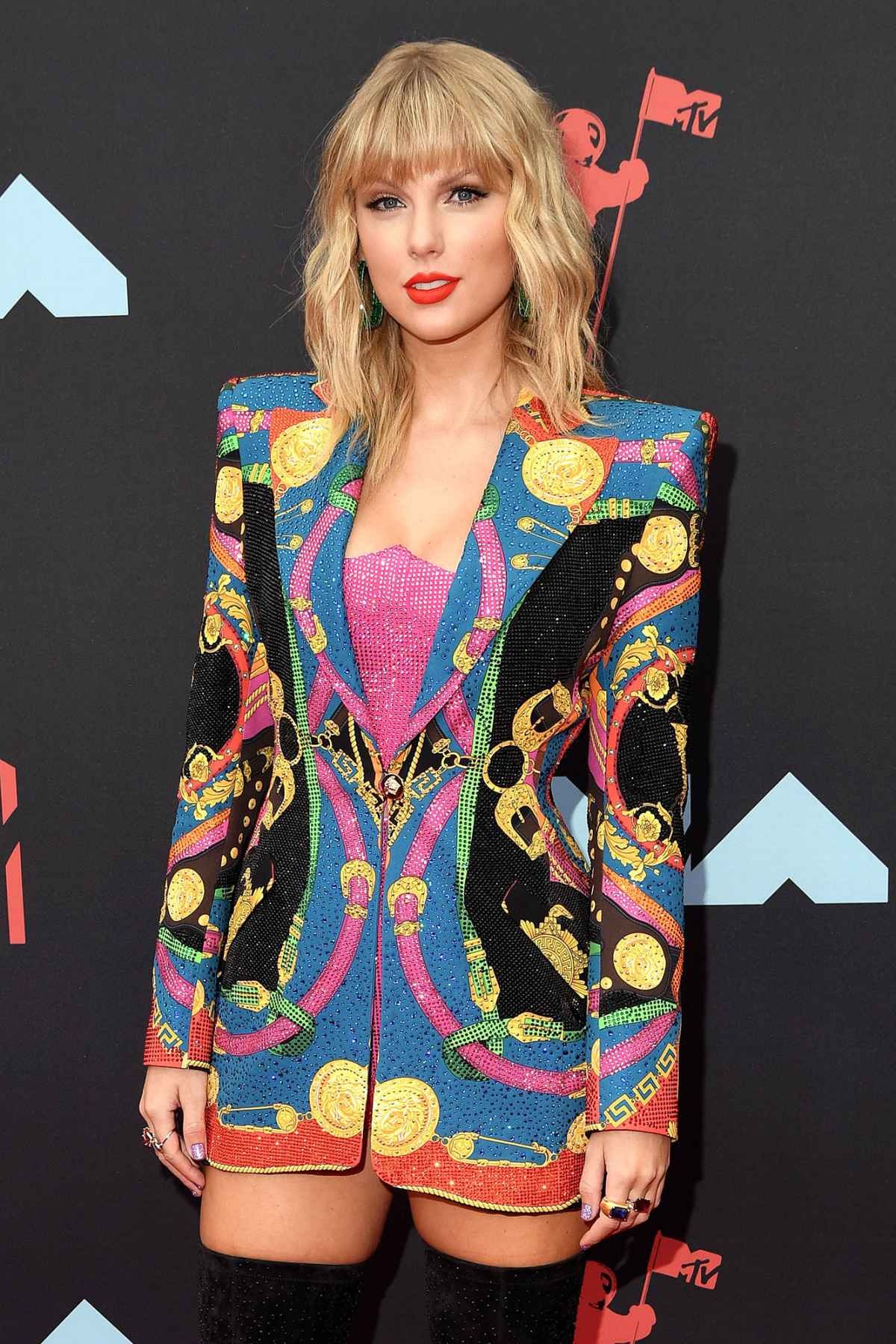 Credit: Andrew H. Walker/Shutterstock
Credit: Andrew H. Walker/Shutterstock
Changing the ‘Folklore’ Logo
Small business owner Amira Rasool called out Swift for allegedly copying her design on the merchandise associated with her July 2020 album, Folklore, claiming via social media, “I am not going to let this blatant theft go unchecked.” At the time, a rep for the “Mirrorball” singer responded to allegations that the design “ripped off” a Black woman’s work.
“Yesterday, we were made aware of a complaint that the specific use of the word ‘the’ before ‘folklore album’ on some of the folklore album merchandise was of concern. Absolutely no merchandise using ‘the’ before the words ‘folklore album’ has been manufactured or sent out,” a statement read in July 2020. “In good faith, we honored her request and immediately notified everyone who had ordered merchandise with the word ‘the’ preceding ‘folklore album’ that they will now receive their order with the design change.”
Rasool noted that she was grateful for the switch, tweeting, “I commend Taylor’s team for recognizing the damage the merchandise caused to my company @TheFolklore’s brand. I recognize that she has been a strong advocate for women protecting their creative rights, so it was good to see her team is on the same page.”
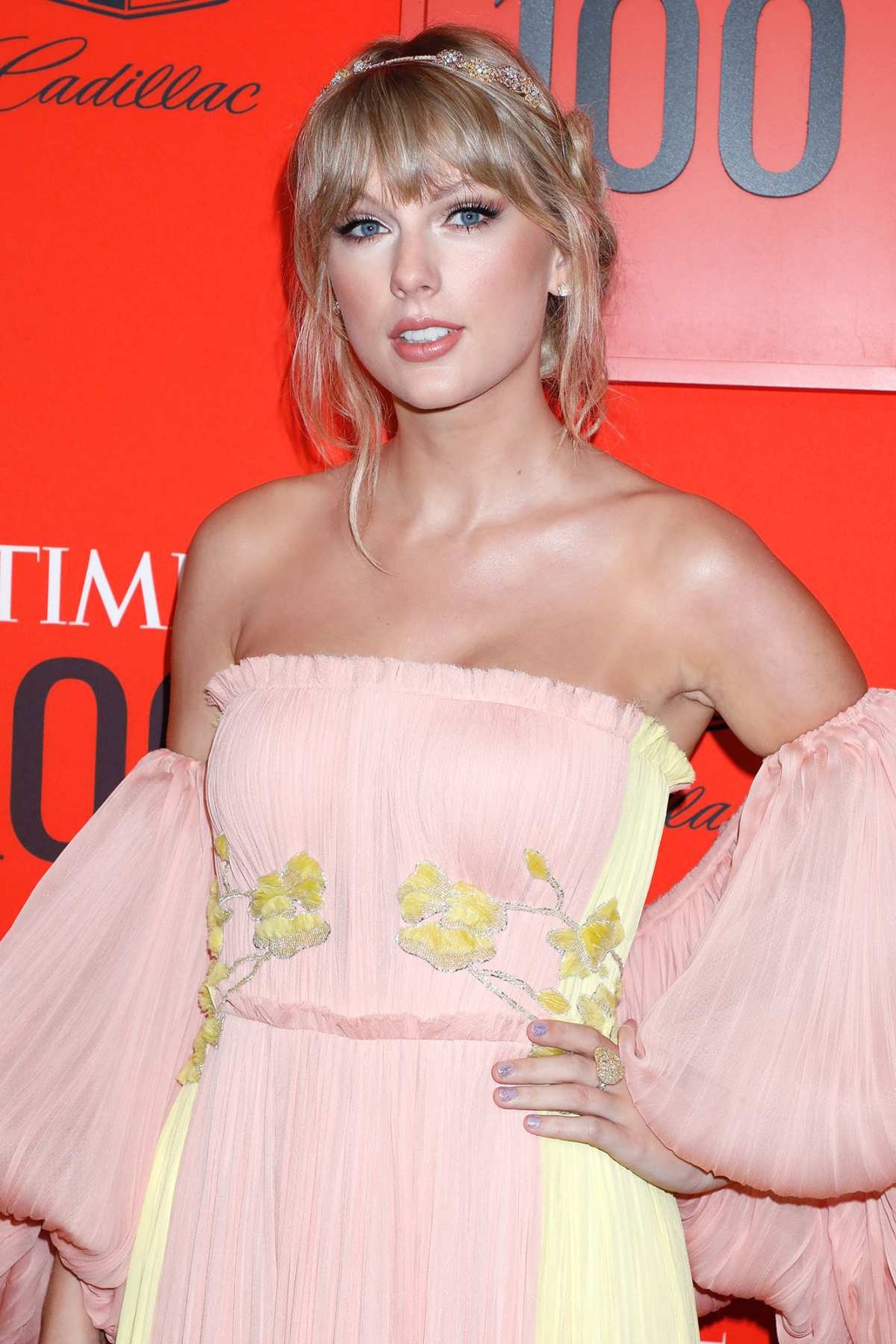
Steering Clear of Politics
The Giver actress raised eyebrows over the years for avoiding discussing her political views in public despite having a wide-reaching and influential platform. It wasn’t until 2018 that Swift came out in public support of Democratic candidates in Tennessee. Since then, she’s been more vocal about where she stands on social issues, from abortion access to LGBTQ+ rights.
“Every time I didn’t speak up about politics as a young person, I was applauded for it,” she recalled to Variety in 2020. “It was wild. I said, ‘I’m a 22-year-old girl — people don’t want to hear what I have to say about politics.’ And people would just be like, ‘Yeahhhhh!’”
She pointed to the Chicks being shunned from country music for speaking out against former President George W. Bush as an example of why she wanted to stay quiet. “It terrified me,” she added. “These days, with social media, people can be so mad about something one day and then forget what they were mad about a couple weeks later. That’s fake outrage. But what happened to the [Chicks] was real outrage. I registered it — that you’re always one comment away from being done being able to make music.”
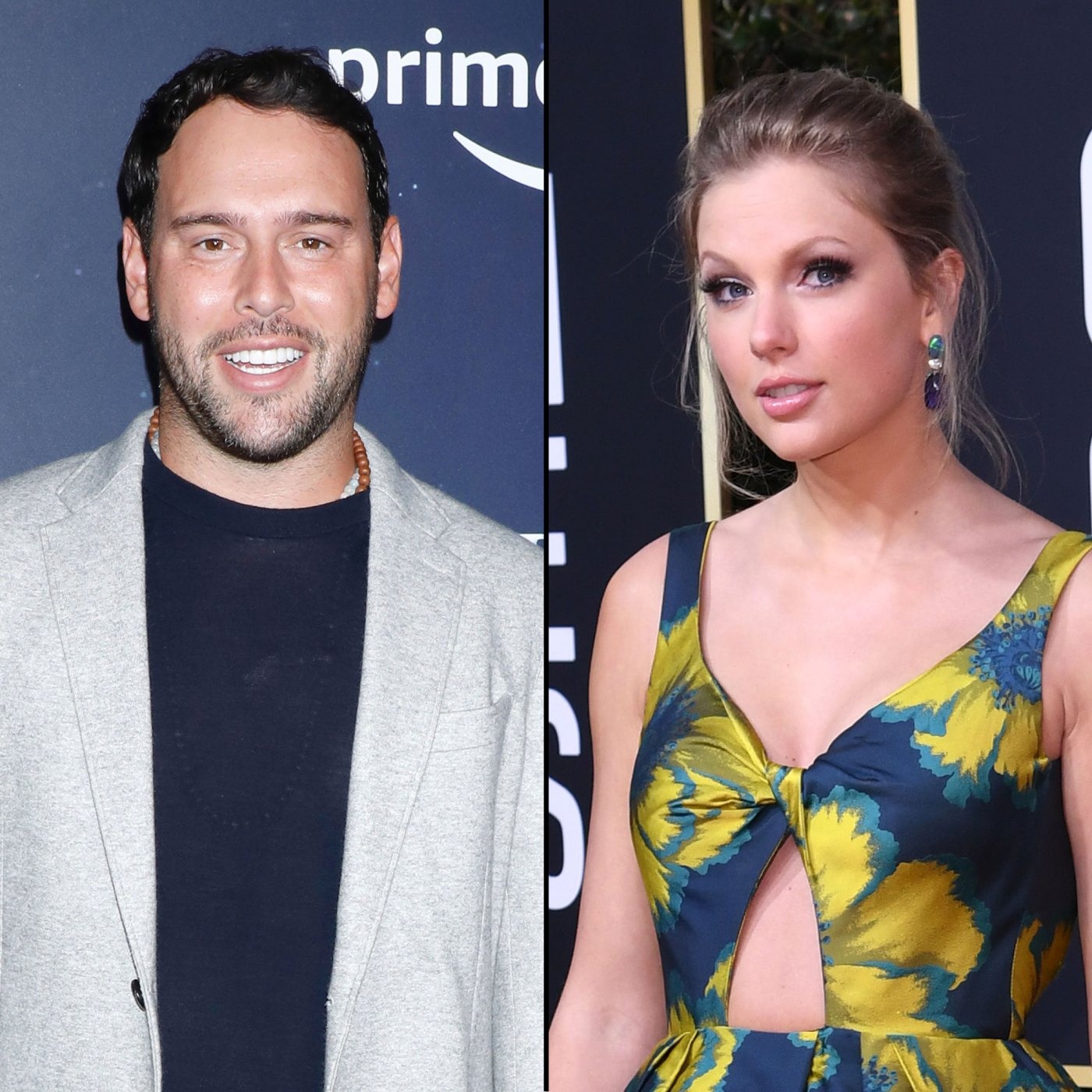 Credit: Shutterstock (2)
Credit: Shutterstock (2)
Scooter Braun’s ‘Bullying’
From 2006 to 2017, Swift released six studio albums under the label Big Machine. As her contract neared its end in 2018, the musician’s lawyers proposed that Swift’s masters be sold back to her — but Big Machine would only agree if she signed another 10-year contract with the label. An agreement was never reached, and Swift called out Big Machine execs Scooter Braun and Scott Borchetta in a scathing social media note in June 2019.
“For years I asked, pleaded for a chance to own my work. Instead I was given an opportunity to sign back up to Big Machine Records and ‘earn’ one album back at a time, one for every new one I turned in. … I learned about Scooter Braun’s purchase of my masters as it was announced to the world. All I could think about was the incessant, manipulative bullying I’ve received at his hands for years,” she claimed at the time. She later accused Braun and Borchetta of preventing her from performing her older songs at the 2019 AMAs, which the label denied.
Amid the drama, the “Seven” songwriter began the process of re-recording her earlier albums. Fearless (Taylor’s Version) and Red (Taylor’s Version) were both released in 2021.
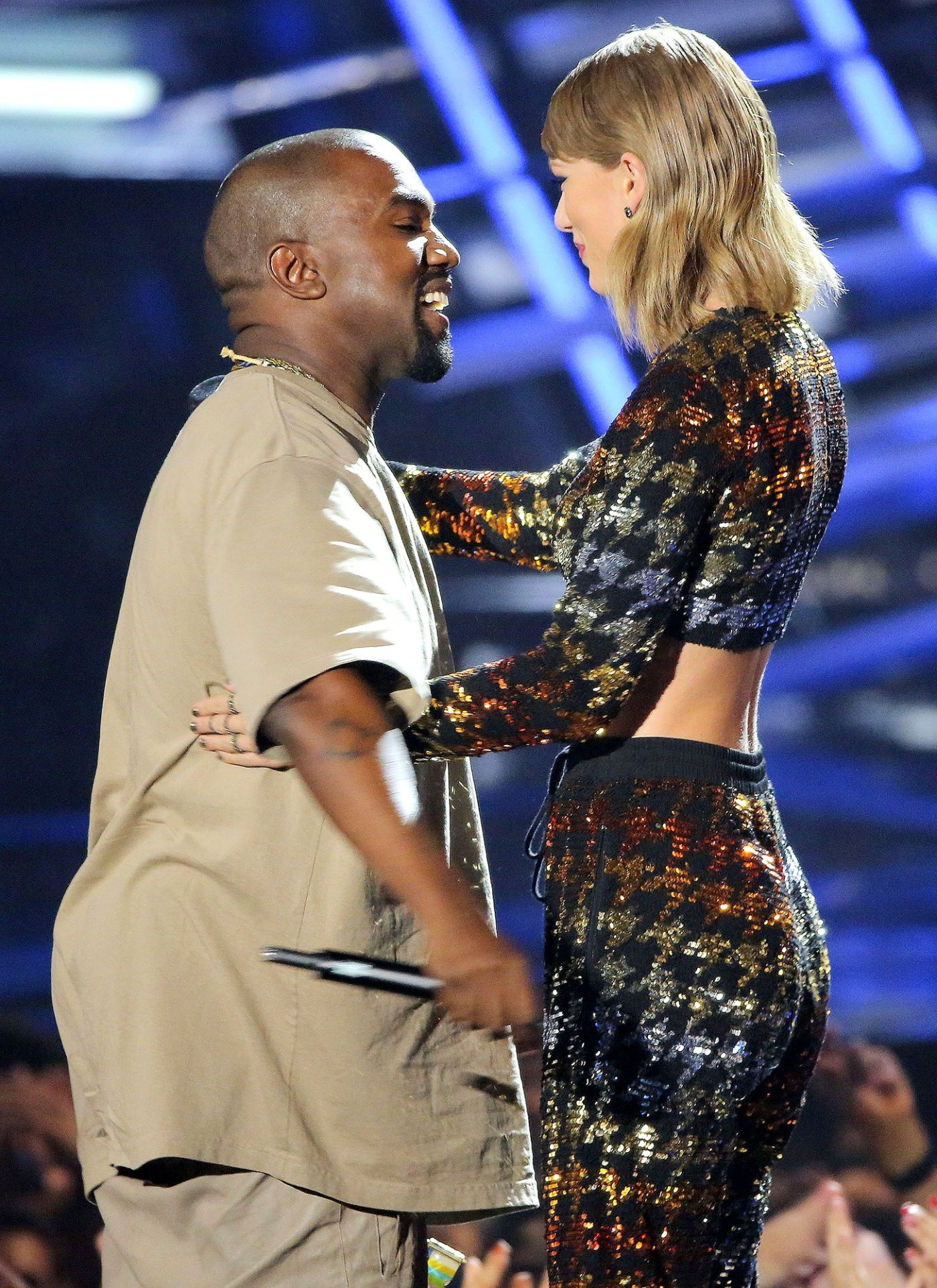
The Kanye Phone Call
West released a song titled “Famous” in 2016, in which he name-drops Swift and refers to their long-running feud dating back to the 2009 VMAs, stating, “I made that bitch famous.” At the 2016 Grammys, the “Delicate” artist appeared to clap back at the rapper in her speech, hinting, “There are going to be people along the way who are going to try to undercut your success or take credit for your accomplishments or your fame.”
West’s then-wife, Kim Kardashian, later came to his defense. The reality star claimed in a June 2016 GQ profile that she had a recording of Swift agreeing to the lyrics over the phone when West called her from the studio. Kardashian later leaked part of the footage via Snapchat, which caused fans to call Swift a “snake” for seemingly lying about never consenting to West’s idea.
Four years later, the full phone call made the rounds on social media. “Well, is it gonna be mean?” Swift asks when West proposes the lyric. The Yeezy designer goes on to rap, “Taylor Swift might owe me sex,” to which Swift laughs and says, “That’s not mean.”
In her Miss Americana documentary, the “Style” singer told her mom that she was “tired” of the drama and just wanted to focus on her music.
